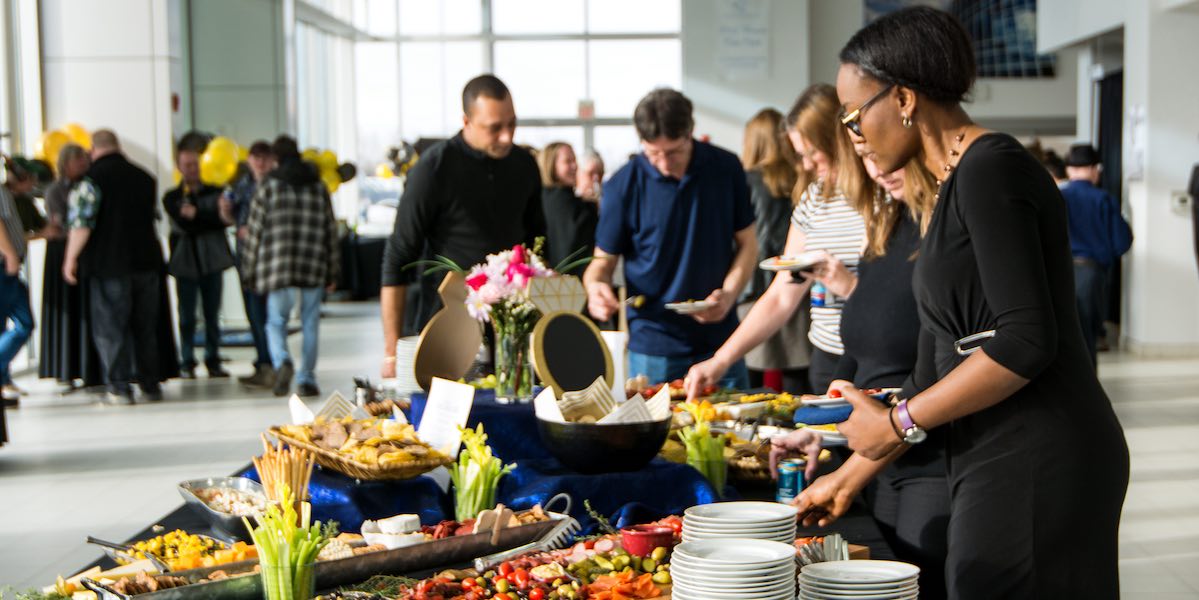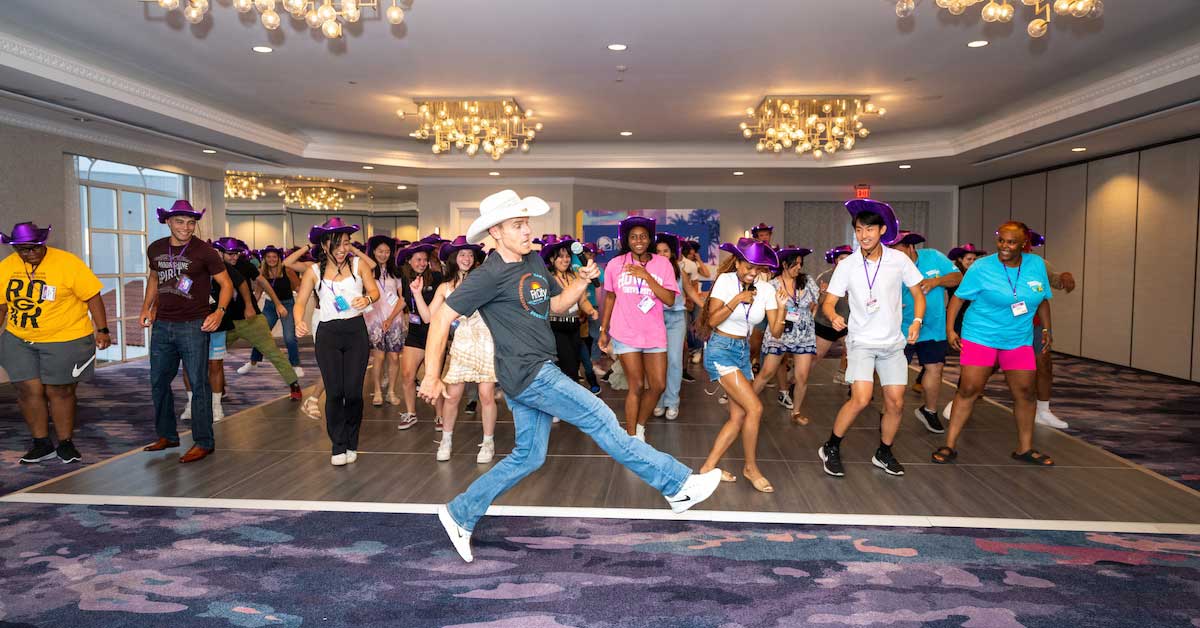The meeting and event industry is evolving at an unprecedented pace. As MPI celebrates its 50th anniversary, it is focusing on a variety of initiatives at the college and university level to prepare industry professionals for the next 50 years.
One critical foundation of this new push is the MPI Certified college/university endorsement program. It is designed to help educational institutions prepare students for careers in the industry by suggesting a consistent framework for their curriculum.
The endorsement program aims to help students develop a balance of professional development and personal development skills, with a focus on those who have no experience in the industry or less than three years of experience working in it, according to Annette Gregg, CMM, senior vice president, Experience at MPI.
MPI will provide an annual evaluation of individual academic programs to make sure there are no gaps between what employers need and what schools are providing. Fifty-four percent of respondents to MPI’s Meetings Outlook survey this past spring reported they are having problems filling job vacancies.
“The goal is to raise the level of the curriculum and make it a little more consistent,” Gregg says.
Contrasting the past with the future
The initiative reflects research done by Carl Winston, founding director of the L. Robert Payne School of Hospitality and Tourism Management at San Diego State University, who conducted interviews with more than 50 significant employers around the world to find out what skills and attributes they were seeking when they hired college graduates.
“25 years ago, no one was teaching event management,” Winston says. “I laughingly call it the accidental industry. You were sitting at your desk and the boss said, ‘Hey, plan the company golf tournament.’ Five years later, you’re planning their convention.”
Through his research, Winston discovered many hiring managers are hunting for a mix of practical skills and future-ready skills—also known as soft skills—such as resilience, business communication skills and the ability to multi-task.
“The employers had incredibly similar descriptions of what they are looking for,” Winston says. “For instance, communication skills. Can you write an email that doesn’t say, ‘Hey, dude. What’s up?’ Excel skills. The ability to work under stressful situations. Emotional intelligence.”
What employers didn’t ask for were students who already had tech skills. Many believe that these are teachable.
“There’s a bigger gap when it comes to ‘Who’s got a great attitude and communication skills?’ than ‘Who can use Excel?’” Winston says.
The academic programs will also aim to address gaps between the perceptions that students may have about the field and the realities.
“I was at an orientation this summer with a bunch of 17-year-olds,” he says. “They’d say, ‘I want to be a wedding planner.’ I’d say, ‘You’re going to work nights and weekends?’ They’d say, ‘Why would I want to do that?’ I’d remind them, ‘That’s when the weddings are.’”
MPI will be working with the schools that seek the certification to develop both curricular and extracurricular programs.
“We tried to align it with what employers are looking for,” Winston says.
One school that contacted Winston is having its students work at the Monterey Food Festival in California, so they can understand what putting on a food festival looks like.
“We’ll be sharing best practices with the schools, to give students a better experience,” he says.
MPI also partners with the Indiana University Kelley School of Business on the Certificate in Meeting Management (CMM). The two organizations collaborated on the design and development of the program, tapping the faculty at the Kelley School and the UI Department of Tourism, Conventions and Event Management to offer instruction. MPI also provides instructors. The focus is to help students develop strategic thinking and leadership.
The 15-week, intensive program is available in a hybrid format in the fall and fully online in the spring. Students who opt for the hybrid approach can come to campus for a four-day immersion experience, as well as an online bootcamp that blends synchronous and asynchronous learning. MPI is acting as the marketing arm of the program.
“It’s the first of its kind that we know of,” Gregg says.
For students who are further advanced in their careers, MPI offers the San Diego State University Master’s Program Partnership, a 24-month program similar to an MBA. The program launched four years ago.
“The curriculum is leadership, data-driven decision-making, marketing, finance, case studies—hands-on work specific to our industry,” Gregg says. “You see a lot of turnover in this industry among businesses. A lot of businesses don’t make it. This program helps those people who want to own their own business.”
The master’s program is capped at 30 students and was filled for each of the past three years. It is about to launch its fourth cohort in August. One goal is to bring consistency to other master’s programs.
“The way they teach event management at NYU is completely different from how they teach it at Penn State in Happy Valley,” says Winston. “NYU has New York City around it. Penn State has football and that’s it. We’re really trying to help the schools customize the curriculum to their locale. This isn’t a one-size-fits-all solution. It’s really about customization and localization but sharing those global standards from employers.”
Emerging Meeting Professional designation
SDSU is also launching an Emerging Meeting Professional’s designation embedded in its bachelor’s degree program—tapping a trend toward this type of embedding in higher education. Students take a series of courses and a test to be certified.
“We think it will have a lot of resonance and a lot of demand,” Winston says.
In addition to these programs, MPI has partnered with IMEX on the Future Leaders Forum, an international student competition where students work on case studies and compete in regional competitions.
“The winners compete against each other, almost like March Madness,” Gregg says.
Ultimately, the final winners compete at IMEX Frankfurt. It’s all about advancing the field, according to Gregg.
“The Future Leaders Forum is something we’re really proud of,” she says.



.jpeg?sfvrsn=96553155_2)



